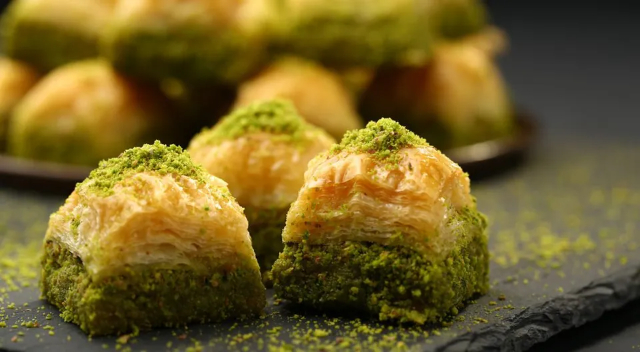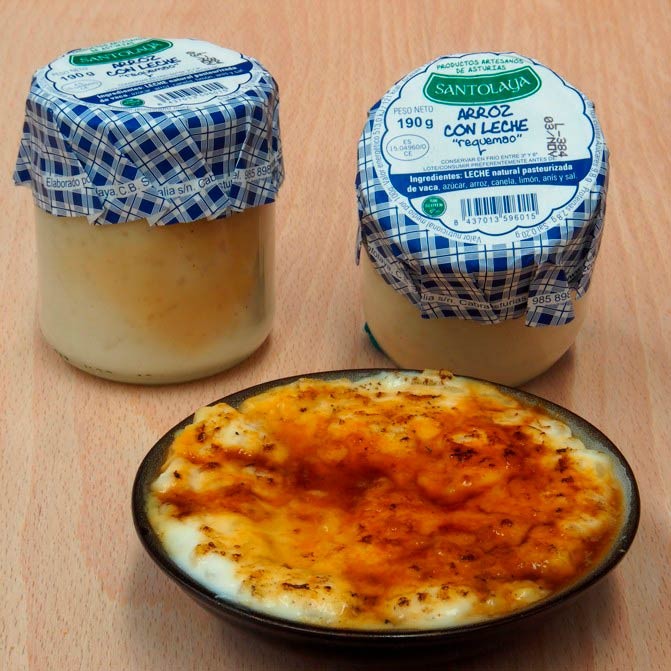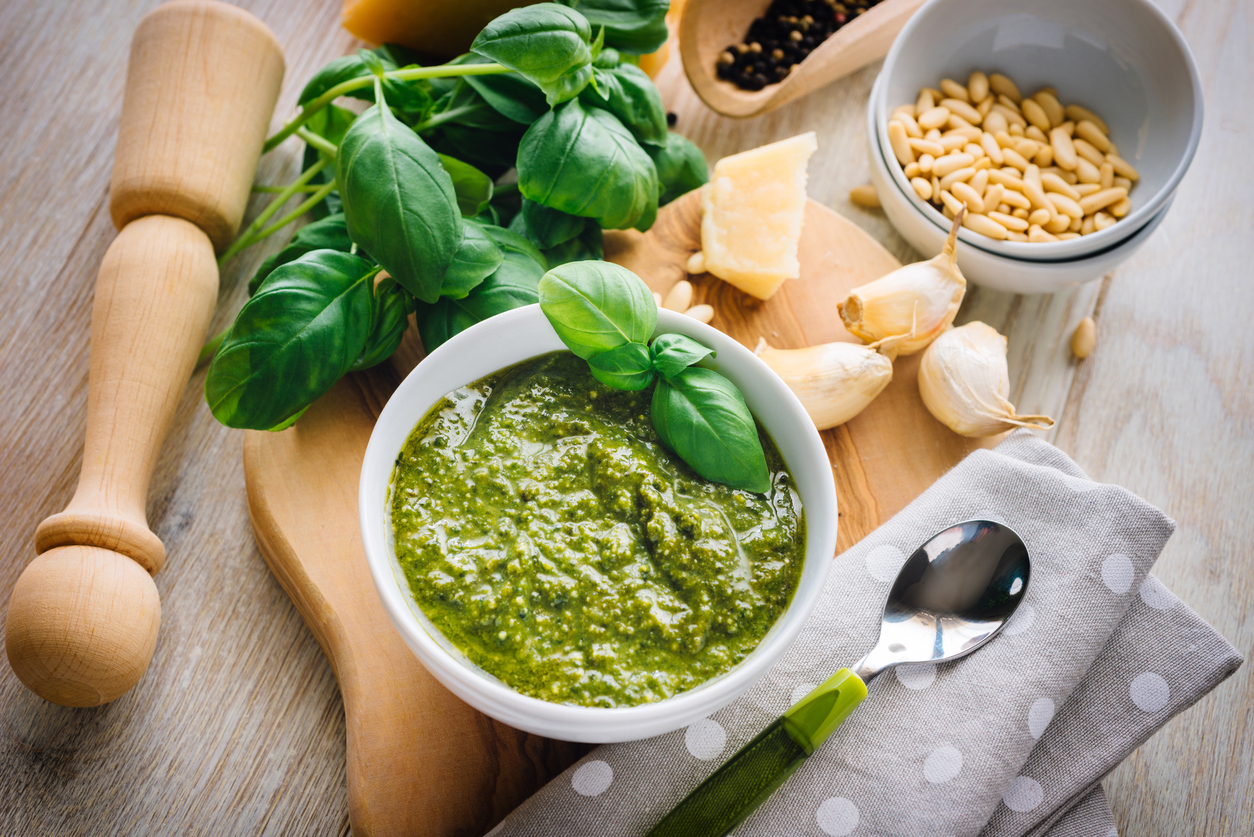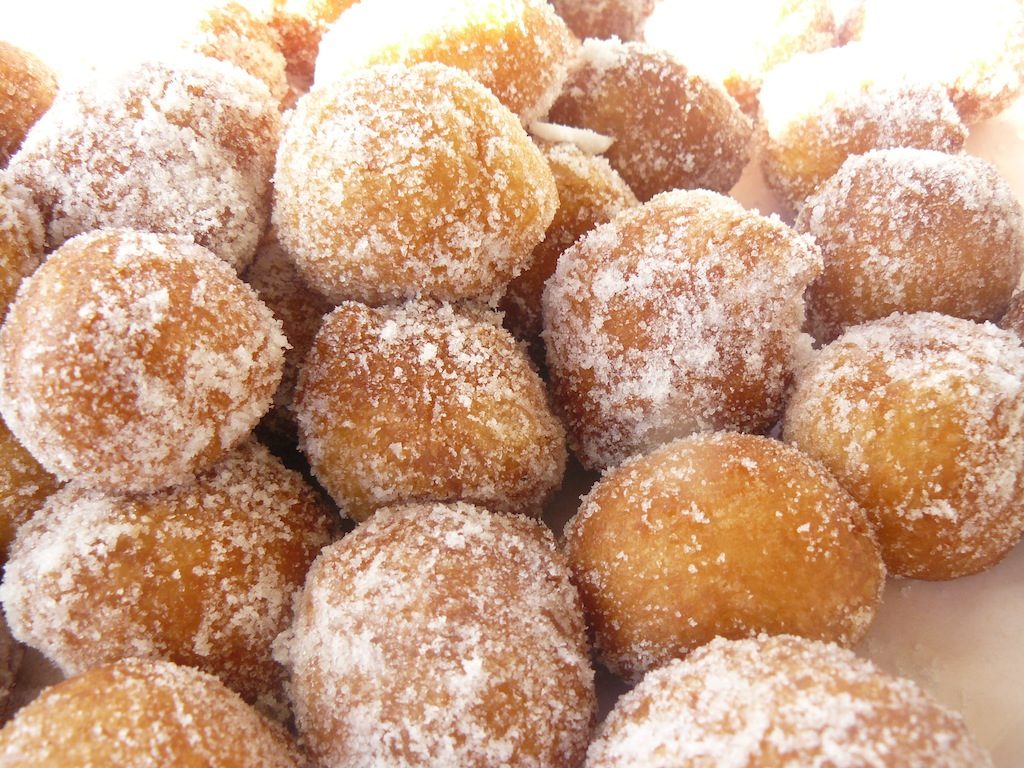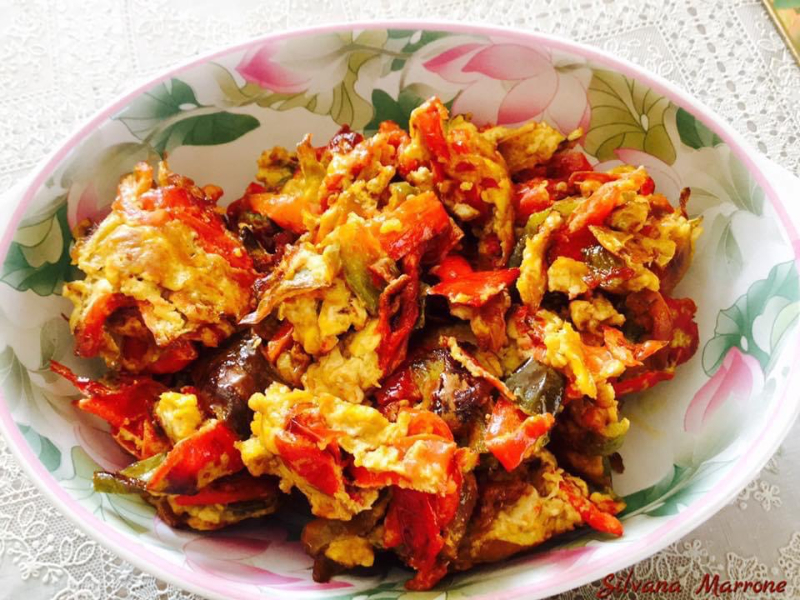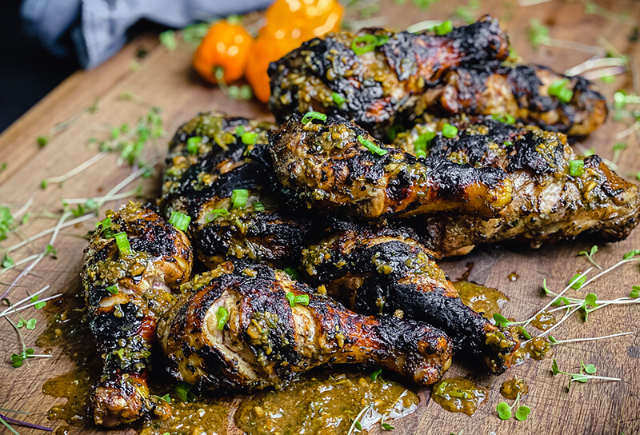Baklava is a traditional dessert that has a fascinating history and a long tradition in Middle Eastern and Mediterranean cuisines.The origins of baklava date back to ancient Mesopotamia, where puff pastry was already widely used to create nut and honey-based desserts. Over the centuries, the recipe spread through several civilizations, including the ancient Greeks, the Romans and the Ottomans, each of whom made their own contributions to its evolution.According to legend, the first baklava was prepared as a gesture of gratitude to the gods. It is said that Greek women during celebrations in honor of the goddess of love, Aphrodite, prepared a dessert made of phyllo dough, chopped nuts and honey to offer to the gods. This ancient tradition has since been adopted by many other cultures.What is fascinating about baklava is that it has undergone variations and adaptations in the different regions where it has been adopted. Each culture added its own ingredients and developed unique versions of the dessert. For example, in Greece baklava may be made with almonds or macadamia nuts, while in Turkey walnuts and almonds are common. Some variations may also include pistachios or pecans.In addition to its history and variations, baklava is also famous for its complexity in preparation. The phyllo dough requires great skill to be rolled out very thin, and the composition of layers of dough and nuts requires precision and care. It is an art that is passed down from generation to generation, and the master pastry chefs who create baklava follow centuries-old traditions to achieve the perfect taste and texture.Today, baklava is widely spread throughout the world and is considered a delicacy. It is often served at celebrations and special occasions. Its combination of layers of crispy phyllo dough, aromatic nuts and honey syrup makes it an irresistible dessert for many.I hope this brief foray into the history and origins of baklava has intrigued you. It is a dessert that encompasses centuries of culinary traditions and continues to delight people all over the world. If you have the opportunity, I highly recommend sampling authentic baklava on your next visit to a Middle Eastern bakery or one of the regions where it is particularly popular. Enjoy!
